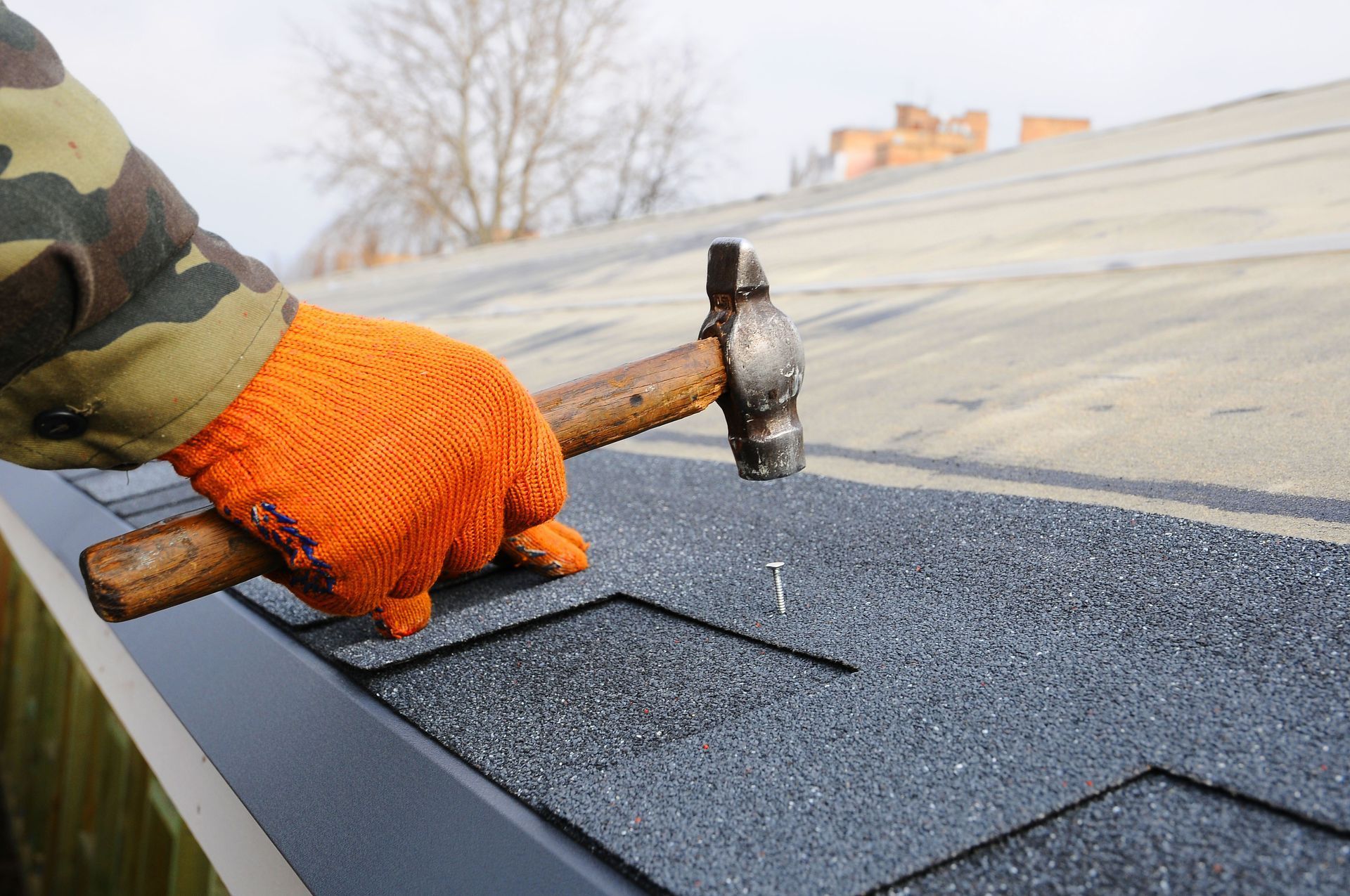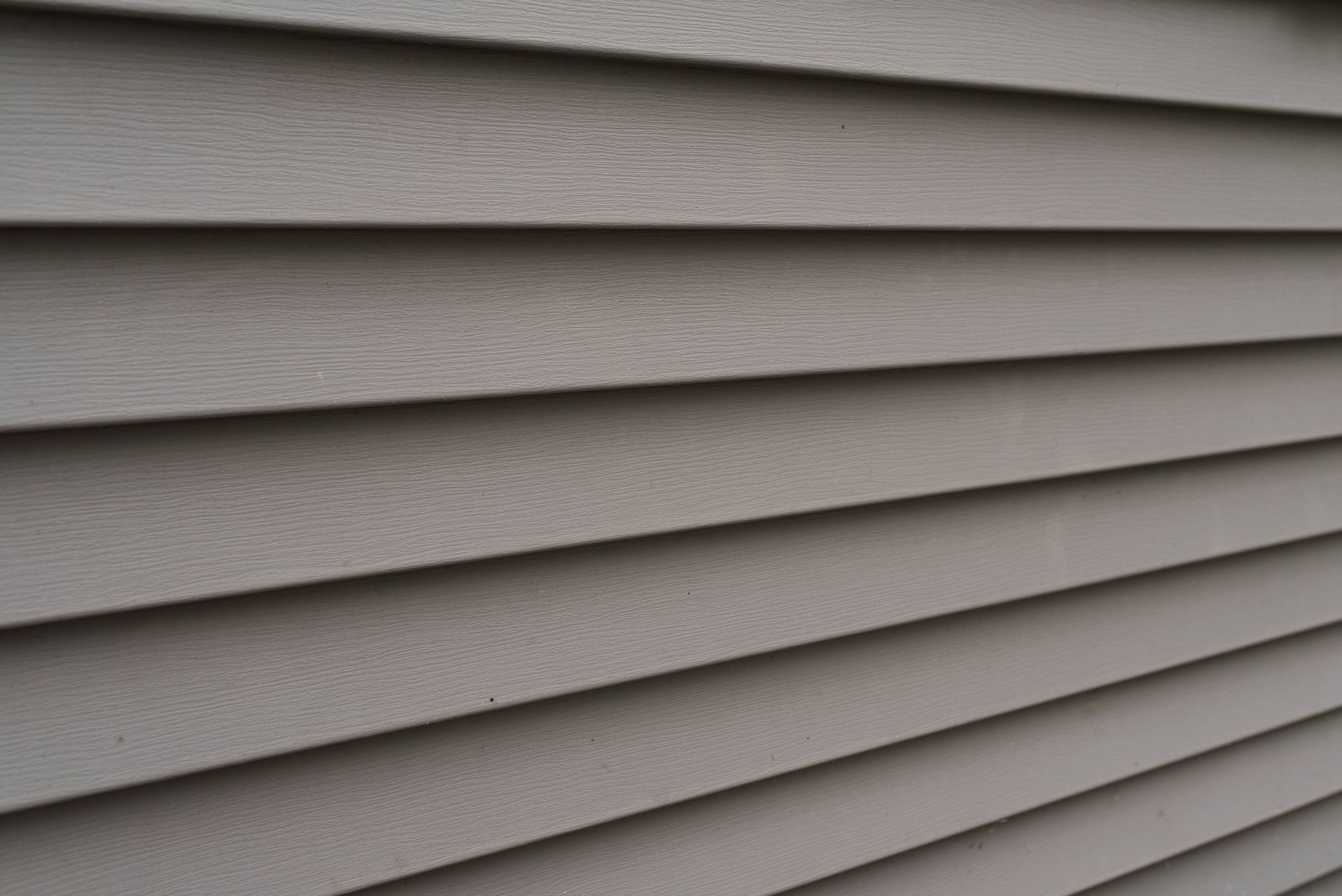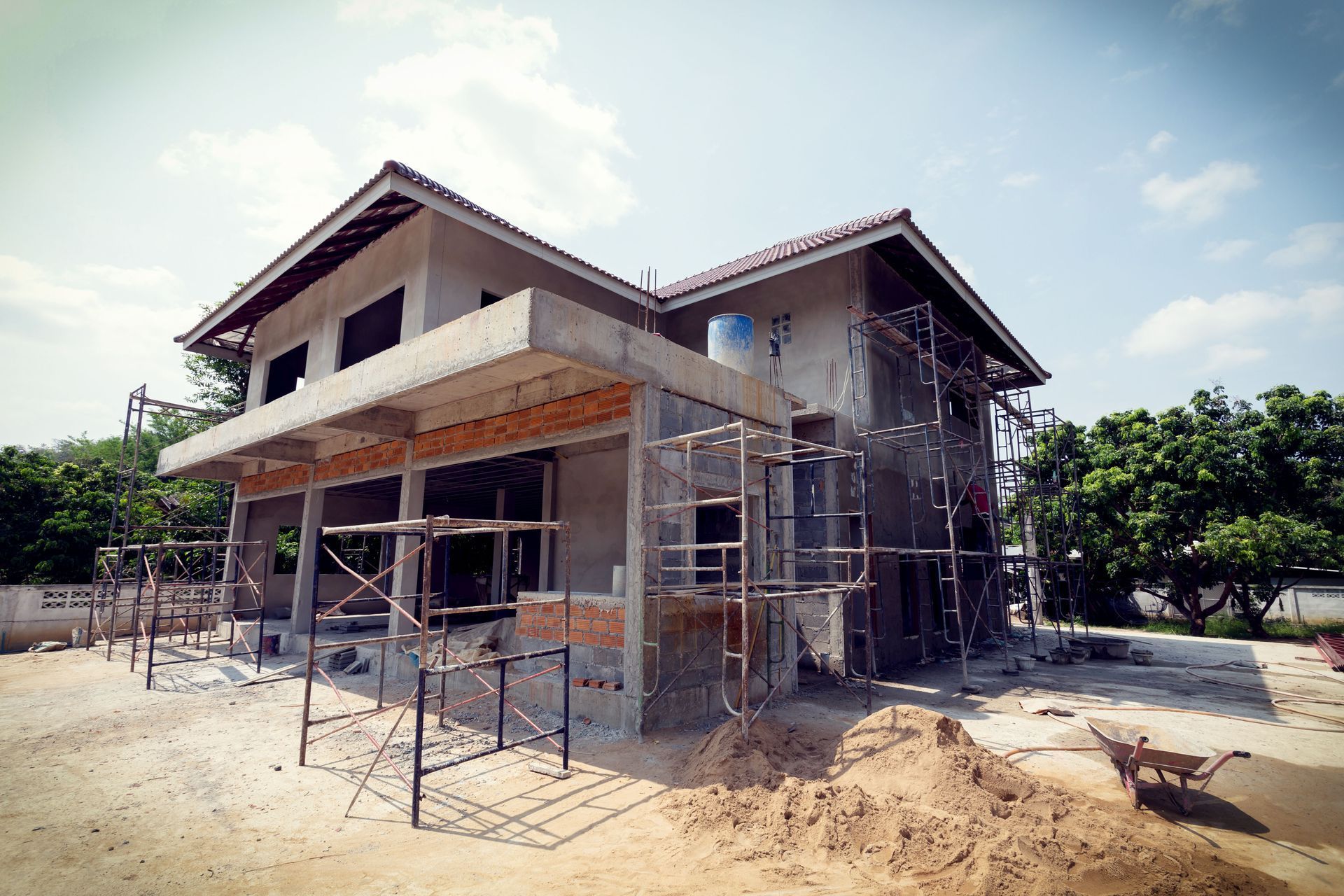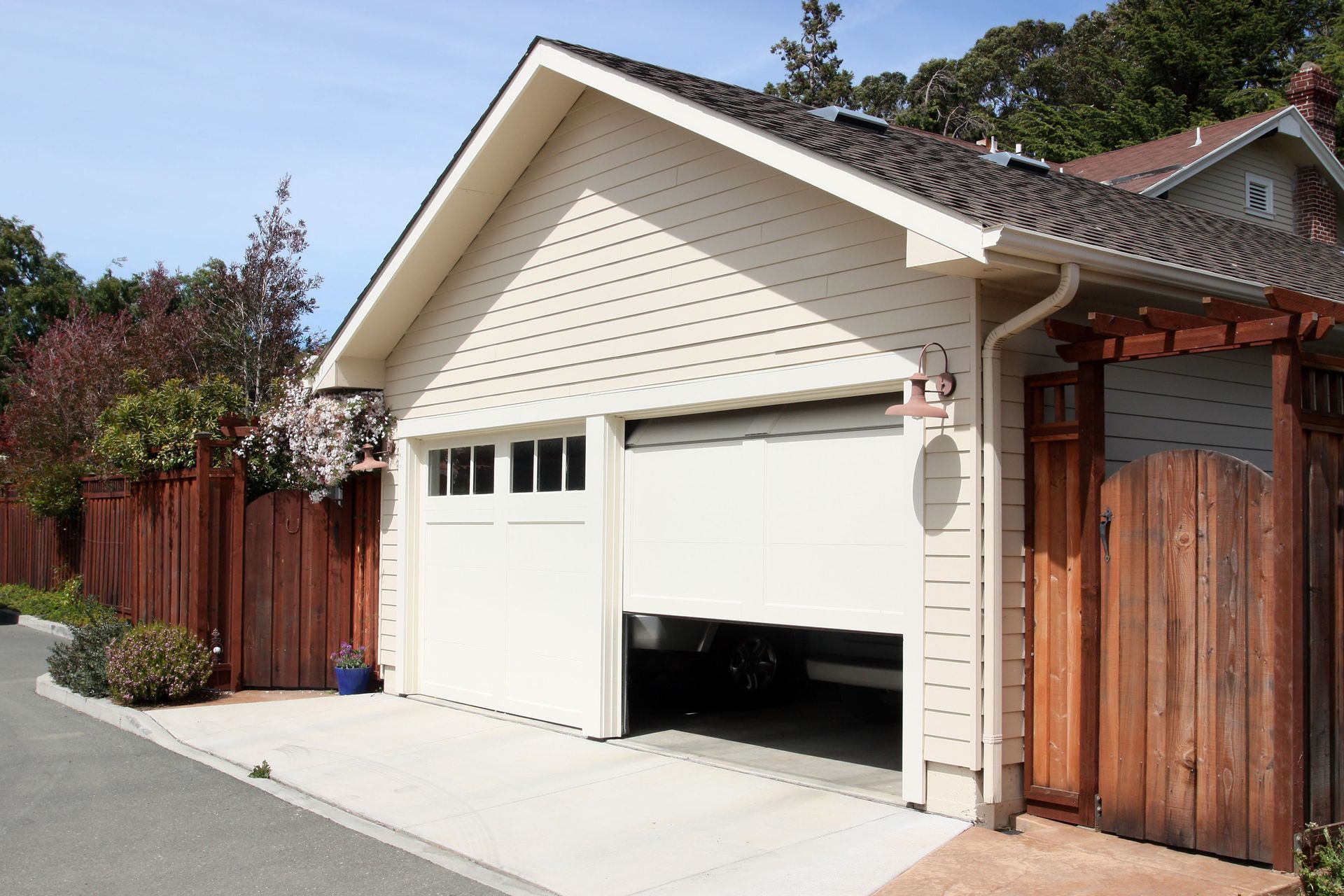How to Identify a Legitimate and Trustworthy Roofing Contractor Warranty
July 25, 2025
July 25, 2025
Highlights:
- Understand what a roofing warranty covers and why it matters
- Learn key signs that indicate a legitimate roofing contractor warranty
- Discover common warranty terms and conditions to watch for
- Find out how to verify a residential roofing contractor that offers warranties
- Tips for asking the right questions before signing a warranty
- FAQs and fun facts to help you feel confident about your roofing investment
Choosing a residential roofing contractor that offers warranties with transparent, enforceable terms ensures your home investment is protected. While manufacturers often provide warranties on roofing materials, only the contractor’s warranty covers the quality of installation, arguably the most critical aspect of roof longevity.
Signs of a Legitimate and Trustworthy Roofing Contractor Warranty
- Written and Detailed: A legitimate warranty is provided in writing, clearly outlining coverage, duration, and how to file claims.
- Licensed and Insured Contractor: Licensed contractors, such as Dillman Brothers in Urbana, Illinois, offer warranties because they trust their workmanship.
- Clear Exclusions: Legitimate warranties list what’s not covered, avoiding costly surprises.
- Prompt Warranty Service: Trustworthy contractors honor claims promptly and professionally.
FAQ: Roofing Contractor Warranty Basics
How to Decode Roofing Warranty Terms and Conditions
Warranty fine print can be confusing, but understanding it is key to protecting your home. Here are things to watch for:- Coverage Length: Workmanship warranties often last 5–10 years; material warranties can extend 20–50 years.
- Maintenance Clauses: Many warranties require regular roof inspections and upkeep.
- Claim Procedures: A clear, straightforward claims process is essential.
- Exclusions: Damage from natural disasters, neglect, or improper maintenance is commonly excluded.
Verifying Your Roofing Contractor’s Warranty Claims
Before hiring, confirm your contractor’s warranty legitimacy by:- Checking References: Speak to previous clients about their warranty experiences.
- Confirming Licensing and Insurance: Use Illinois state databases to verify credentials.
- Seeking Manufacturer Backing: Manufacturer warranties complement contractor warranties.
- Reviewing Contracts Thoroughly: Read all warranty details before signing.
FAQ: Ensuring Warranty Reliability
Did You Know?
Consistent inspections and upkeep are essential for roof longevity. The National Roofing Contractors Association states that a formal maintenance program is the single most important factor in ensuring long-term roof performance.Understanding the Difference Between Manufacturer and Contractor Warranties
A roofing warranty has two key parts:
- Manufacturer’s Warranty: Covers roofing materials, usually for 20–50 years.
- Contractor’s Workmanship Warranty: Covers installation quality, typically for 5–10 years.
Common Warranty Red Flags to Avoid
Beware these warning signs:
- No Written Warranty: Verbal promises aren’t enforceable.
- Vague Terms: Unclear coverage or timeframes should raise concerns.
- No Claim Instructions: Legitimate warranties explain how to file claims.
- Unusually Short Warranties: Less than 3 years may indicate low confidence.
- No Transferability: Limits resale value and buyer confidence.
How Regular Roof Maintenance Supports Your Warranty
Maintaining your roof helps keep warranties valid:
- Scheduled Inspections: Annual professional checks catch issues early.
- Timely Repairs: Fix damage quickly to avoid voiding warranties.
- Clean Gutters and Debris: Prevent moisture buildup that damages roofing materials.
- Record Keeping: Document maintenance for warranty claims.
What To Look For In A Residential Roofing Contractor That Offers Warranties
Selecting the right contractor means:
- Checking reputation, reviews, and referrals
- Confirming licensing and insurance in Illinois
- Receiving detailed written warranty documents
- Comparing coverage lengths and terms
- Seeking contractors partnered with reputable manufacturers
How To Handle Warranty Claims: A Step-By-Step Guide
When you need to file a warranty claim:
- Read your warranty carefully.
- Document the issue with photos and notes.
- Contact your contractor promptly.
- Follow the claim process with written documentation.
- Schedule and cooperate with inspections.
- Arrange repairs through the contractor.
- Know your rights if disputes occur.
Why Choosing a Contractor That Offers Warranties Adds Value to Your Home
Warranties:- Boost buyer confidence
- Differentiate your property
- Reduce unexpected repair costs
- Demonstrate quality craftsmanship
Final Thoughts
Choosing a residential roofing contractor that offers warranties is a crucial step to protect your home investment. By understanding warranties, verifying legitimacy, and asking the right questions, you can avoid costly surprises and enjoy peace of mind. Dillman Brothers in Urbana, Illinois, stands out for transparent, dependable warranties backed by trusted craftsmanship. Always request detailed warranty information before your project begins—your future self will thank you. Protect your home wisely and reach out to experienced professionals for guidance.


November 11, 2025
Highlights: Homes in humid or rainy climates demand siding that resists moisture, mold, rot, and warping. Materials like fiber cement and high-quality vinyl stand out for durability and low maintenance. Proper installation and ventilation matter just as much as material choice. Dillman Brothers serves homeowners in Champaign, IL and can guide local siding decisions. Selecting the right siding for Champaign, IL’s conditions helps protect your investment and improve performance. What Climate-Challenges Siding Faces in Humid or Rainy Regions In a region like Champaign, IL where humidity and rain occur regularly, siding faces more than just aesthetic stress: moisture intrusion, mold growth, rot, and warping become real risks. According to Kebony , excess dampness or trapped moisture can quickly damage insulation, weaken wood framing, and create mold inside the home. Homes in wetter and more humid climates require siding systems that manage moisture rather than simply look attractive. That’s why when Dillman Brothers works with homeowners in Champaign, IL, they emphasize materials chosen for water resistance, drainage, ventilation, and proper installation.












